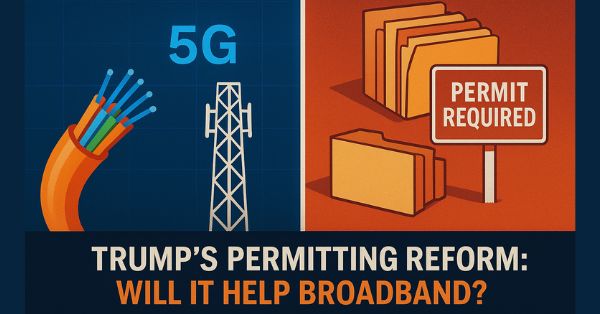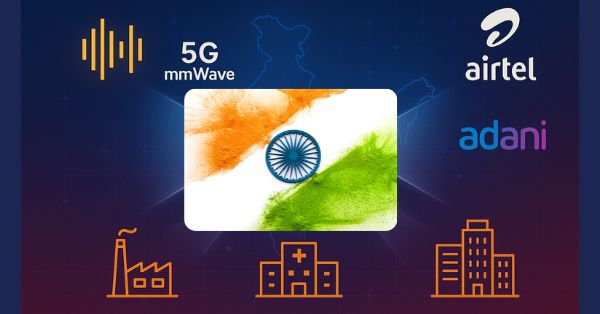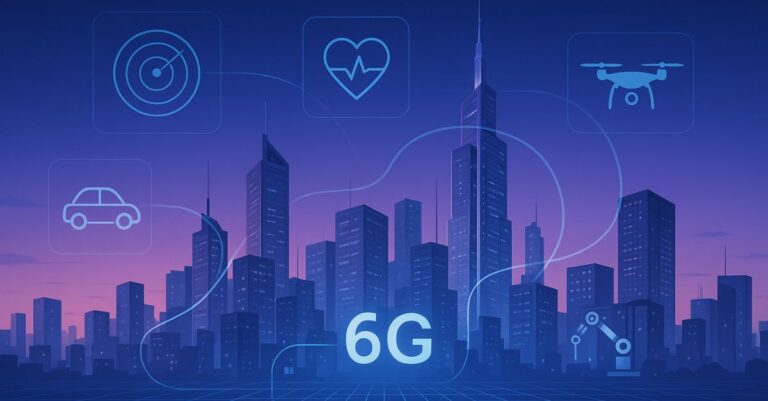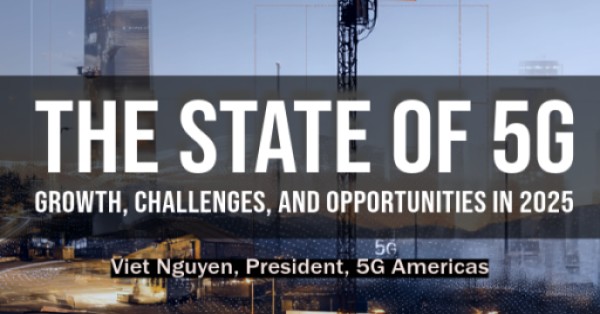Verizon Expands 5G Solutions to Air Force Bases Nationwide
Verizon Business has been selected by the U.S. Air Force (USAF) to deliver 5G and 4G LTE network enhancements at 35 Air Force bases across the United States. The initiative, under the Air Force’s Offer to Lease (OTL) program, includes the deployment of critical upgrades such as additional C-Band carrier layers, new macro towers, and small cell installations. These enhancements are designed to provide higher speeds, increased bandwidth, and lower latency to support the diverse missions of the USAF while improving connectivity for personnel, their families, and surrounding communities.
“This is Verizon’s seventh OTL win out of eight attempts, highlighting the trust the Air Force places in our network’s strength and speed, as well as the expertise of our managed services team,” said Maggie Hallbach, Senior Vice President at Verizon Public Sector.
35 U.S. Air Force Bases to Receive Verizon’s Network Upgrades
The contract will impact Air Force bases located in several states, including:
- Alabama, Alaska, Arkansas, California, Delaware, Florida, Idaho, Illinois, Kansas, Louisiana, Maryland, Massachusetts, Michigan, Mississippi, Missouri, Montana, New Hampshire, New Jersey, New York, Ohio, Oklahoma, Texas, Virginia, and Washington, D.C.
This upgrade expands Verizon’s existing commitment to the USAF. Including this contract, Verizon Business is now delivering wireless network services to 72 Air Force bases across the U.S.
Verizon’s Strength in Securing DoD Contracts
This latest achievement builds on Verizon’s continued success with the federal government, particularly the Department of Defense (DoD). The new contract, dubbed OTL 3, follows previous OTL awards from 2019, 2021, and 2023. Notably, Verizon completed a standalone 5G Ultra Wideband deployment at Tyndall Air Force Base in Florida, which included innovations like ultra-low latency connections and expansive 5G coverage.
Verizon’s partnership with the DoD extends beyond the Air Force. Last year, the company secured a $176 million contract with the Department of Homeland Security to provide priority wireless services for emergency preparedness and national security missions. Additionally, Verizon won a $2.67 billion contract with the Department of the Navy, offering wireless solutions such as IoT, mobility management, and data services for military personnel and federal civilian agencies.
How Verizon’s 5G Supports Air Force Mission Objectives
The upgrades provided under the OTL program are tailored to align with the U.S. military’s digital transformation priorities. At the heart of these priorities are advanced technologies enabled by 5G, which include:
- Flight Line Test Equipment: Real-time data transmission to support operational efficiency.
- Augmented Reality (AR) and Virtual Reality (VR) Simulations: Enhanced training programs for personnel.
- Telemedicine Capabilities: High-definition, full-motion video support for medical services.
- Artificial Intelligence (AI) Integration: Biometric identification systems powered by ultra-fast processing speeds.
Verizon’s 5G Ultra Wideband network is uniquely positioned to support these use cases by delivering the reliability, speed, and capacity needed for mission-critical applications.
Verizon’s Role in Federal Digital Transformation Initiatives
Beyond its role with the Air Force, Verizon is helping various branches of the federal government modernize their communication infrastructure. The company’s Dragon Tower initiative, which brought 5G to the Army Garrison Hawaii’s Helemano Military Reservation, and its Verizon Frontline network, supporting first responders, are examples of its broader commitment.
Through these efforts, Verizon is enabling the federal government to achieve its digital transformation goals, particularly in areas like:
- Cyber Security: Strengthening network security for critical systems.
- IoT Solutions: Deploying connected devices to enhance operations.
- Sustainability: Investing in energy-efficient technologies for green networks.
Why Verizon is a Key Technology Partner for the U.S. Military
Verizon’s consistent performance in OTL bids and its role in high-profile government contracts demonstrate its position as a trusted partner for the U.S. military. The company’s ability to deliver advanced solutions like 5G Ultra Wideband and AI-powered networks continues to contribute to the DoD’s strategic priorities.
As the U.S. Air Force and other branches of the military pursue greater connectivity, Verizon Business remains at the forefront, delivering cutting-edge network solutions that improve operational efficiency and quality of life for personnel and their families.



























